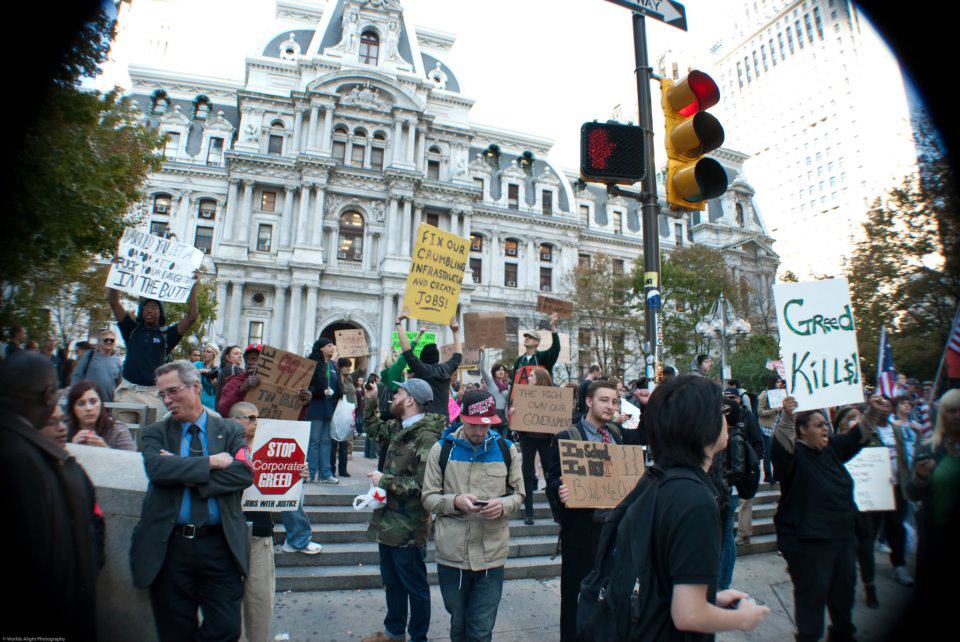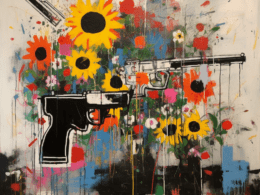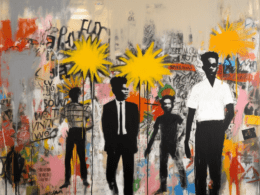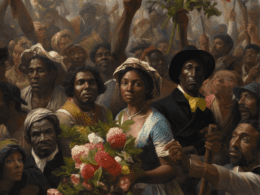They’re just pockets on the same pants…
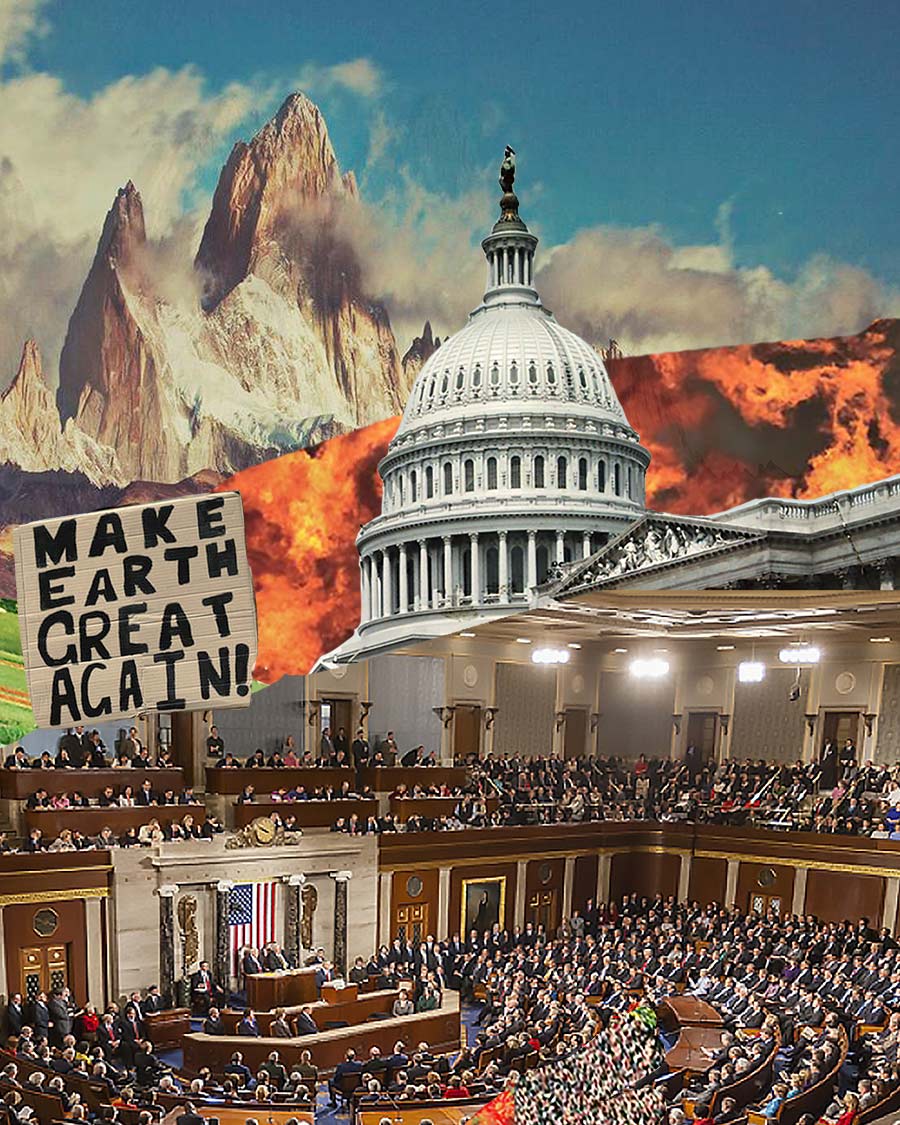 The Democratic and Republican parties have an unfair and unrelenting grip on the government, monopolizing politics and dividing the working class. Both parties have strong-armed our republic and its institutions, manipulating the working class in their fight for control. Although the Constitution doesn’t make any rules about political parties, candidates from the two major parties win nearly all elected offices. At a national level, third parties such as the Libertarians and the Greens have little success, despite the former being on the ballot for each presidential election since 1972 and the latter since 1996. At best, the Greens won 2.7% in 2000, and the Libertarians won 1.1% in 1980. How is it that, despite third party efforts, Democrats and Republicans have been able to dominate the political landscape for nearly a century?
The Democratic and Republican parties have an unfair and unrelenting grip on the government, monopolizing politics and dividing the working class. Both parties have strong-armed our republic and its institutions, manipulating the working class in their fight for control. Although the Constitution doesn’t make any rules about political parties, candidates from the two major parties win nearly all elected offices. At a national level, third parties such as the Libertarians and the Greens have little success, despite the former being on the ballot for each presidential election since 1972 and the latter since 1996. At best, the Greens won 2.7% in 2000, and the Libertarians won 1.1% in 1980. How is it that, despite third party efforts, Democrats and Republicans have been able to dominate the political landscape for nearly a century?
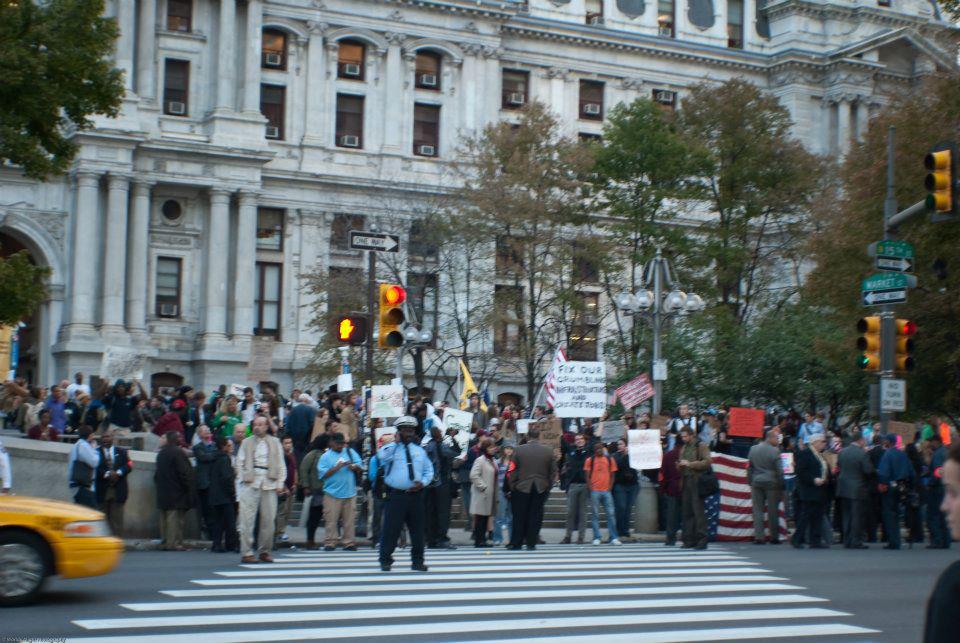
First, imagine capitalism and the stock market if only two businesses were allowed the privilege of selling the majority of products and services to the public. For many, an American economy opposed to a free market is inconceivable. In 1890, Congress passed the Sherman Antitrust Act, restricting concentrations of power that would interfere with trade and reduce economic competition. Since then, antitrust suits have been brought against several major companies including AT&T, Microsoft Corporation, and Apple Inc, to name a few. There’s no doubt that commercial markets flourish thanks to healthy competition, and American consumers enjoy better products, prices, and services as a direct result of a competitive marketplace. Yet, despite our love and support for open markets, we still allow monopolies to exist in government.
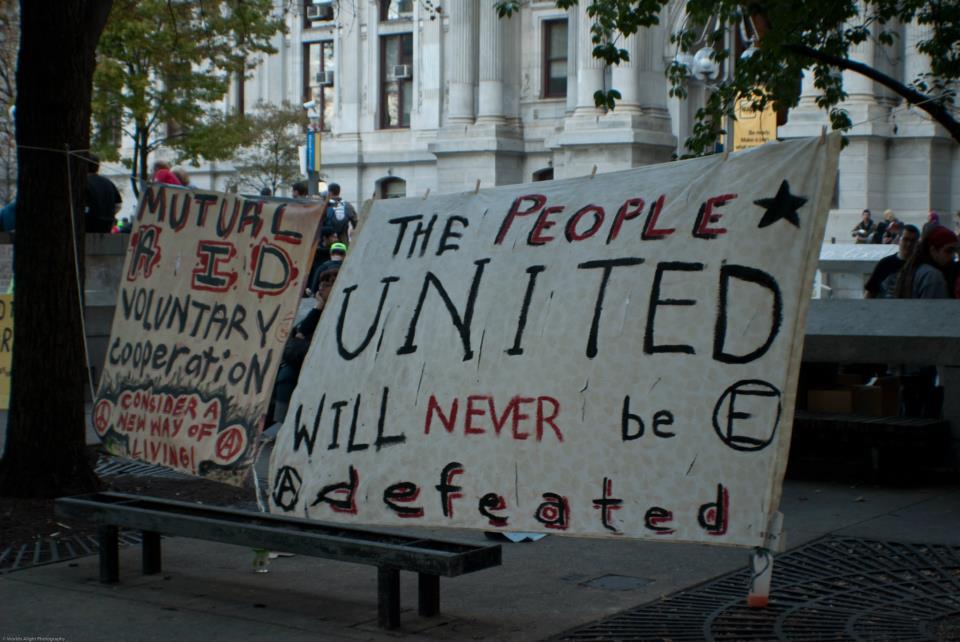
The legislative branch, an integral component of our democracy, should be held accountable to antitrust regulation like any other business. In the past 30 years, both parties have organized campaign finance reform measures that make challenging the two-party system extremely difficult. Currently, only two independents reside in Congress. The remaining 468 seats are either Democrat or Republican. Progressive activist Max Mastellone considers the U.S. two-party political system a duopoly because the two parties share almost total control of the American political marketplace. In addition, each side has a biased and sycophantic 24/hr media news outlet, Fox News for the conservative right, and MSNBC for the liberal left.
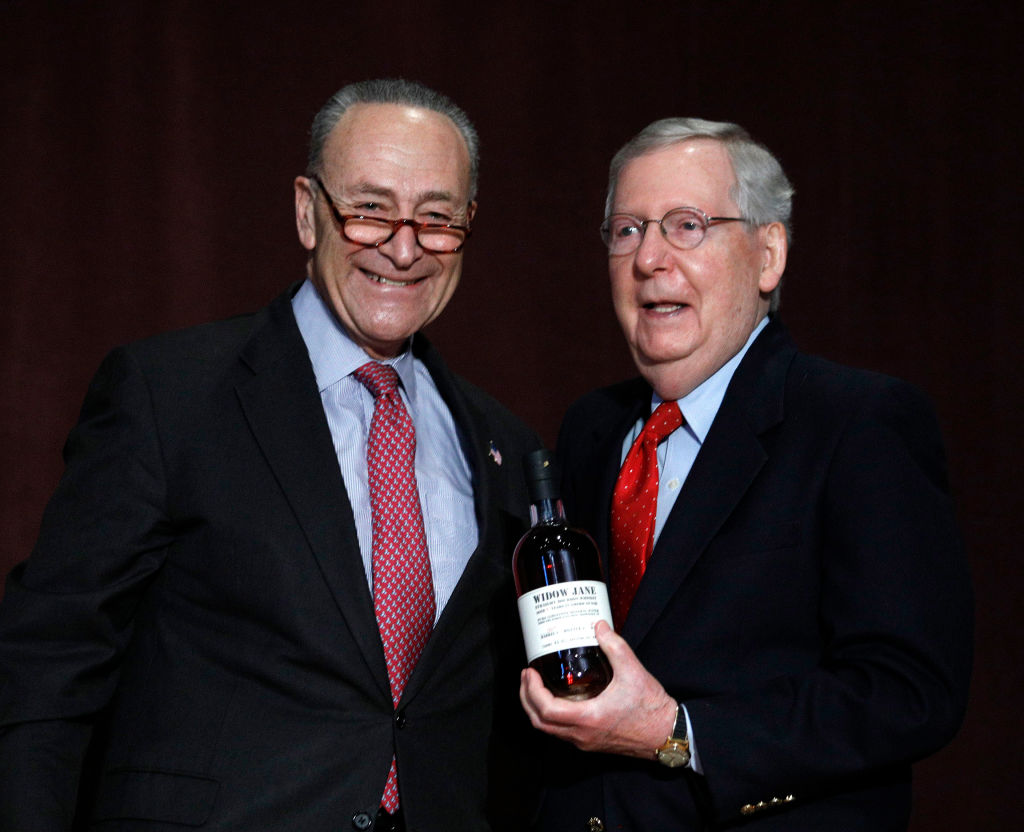
Congressional leaders on both sides have instituted laws that protect and support the operations of the duopoly, ensuring their survival through exclusionary practices. For example, in 2000, the Commission on Presidential Debates implemented a rule requiring candidates to have a whopping 15 percent of public support in at least five national polls, a difficult feat for anyone who’s not already well-established. In 2018, House majority leader, Steny Hoyer, was secretly taped pressuring Democrat Levi Tillemann to drop out of a Congressional race in Colorado. In that audio recording, Hoyer reveals that senior party leaders often interfere in competitive primaries, providing resources, money, and other support to hand-picked candidates. Similarly, in 2019, the Democratic Congressional Campaign Committee (DCCC) promised to blacklist political strategists and vendors supporting candidates that challenge an incumbent. This backlash was due to the “blue wave” of wins by progressive outsiders like Alexandria Ocasio-Cortez.
In 1895, Mark Hanna, a U.S. senator from Ohio, explained how politics works. “There are two things that are important in politics,” he said. “The first is money, and I can’t remember what the second one is.” Monetary firewalls have always set the cost of political entry extremely high for average citizens. According to the online site The Economist, “with nearly every American election cycle, new spending records are broken.” The FEC reported that Presidential candidates raised and spent an incredible $1.5 billion during the 2015-2016 election cycle. House candidates raked in $1.7 million, while Senate candidates raised $10 million in campaign contributions.
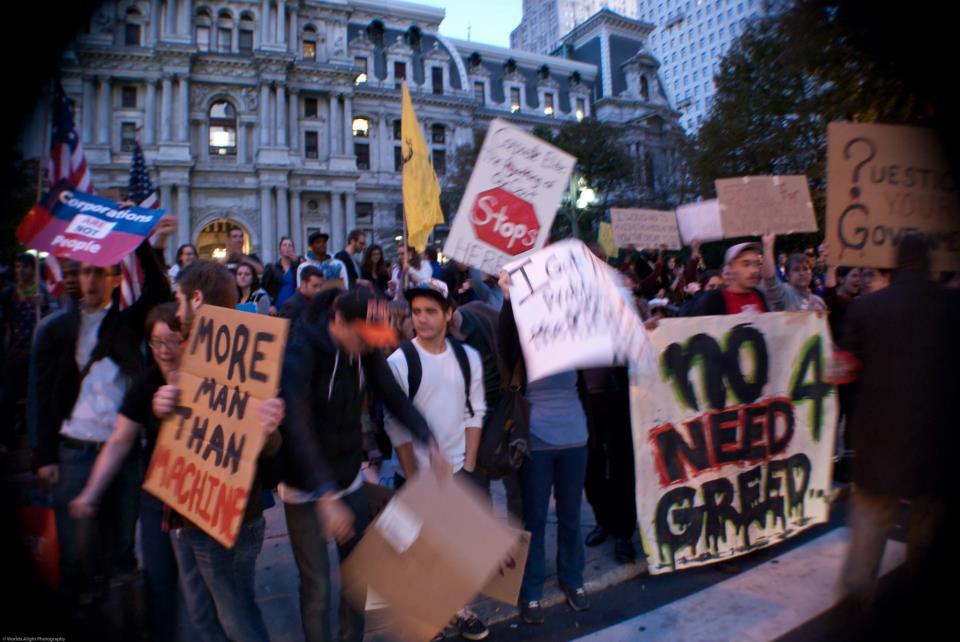
In addition to boxing out competition through financial costs, each side captures a particular ideology and claims it exclusively. The ruling parties section off communities and gobble up territories like Bloods and Crips. According to Duverger’s Law, our “winner take all” system leads to citizens voting for parties that are more likely to win rather than wasting a vote on a party that consistently comes in second or third. As a result, voters gravitate towards one of two parties who are more likely to win an election and implement policy. If you’re wealthy, a Christian, and a pro-life supporter, it’s assumed you should be on the red team. If a person is black, pro-LGBTQ, and supportive of universal healthcare, then they’re pressed to support the blue team. Our political environment has become akin to a high school dodgeball match in gym class, pitting “us” against “them.” The truth is that Americans hold a wide range of opinions on economic and social issues that don’t fit neatly into right and left. The ideological divide is a complex spectrum, not a simple duality.
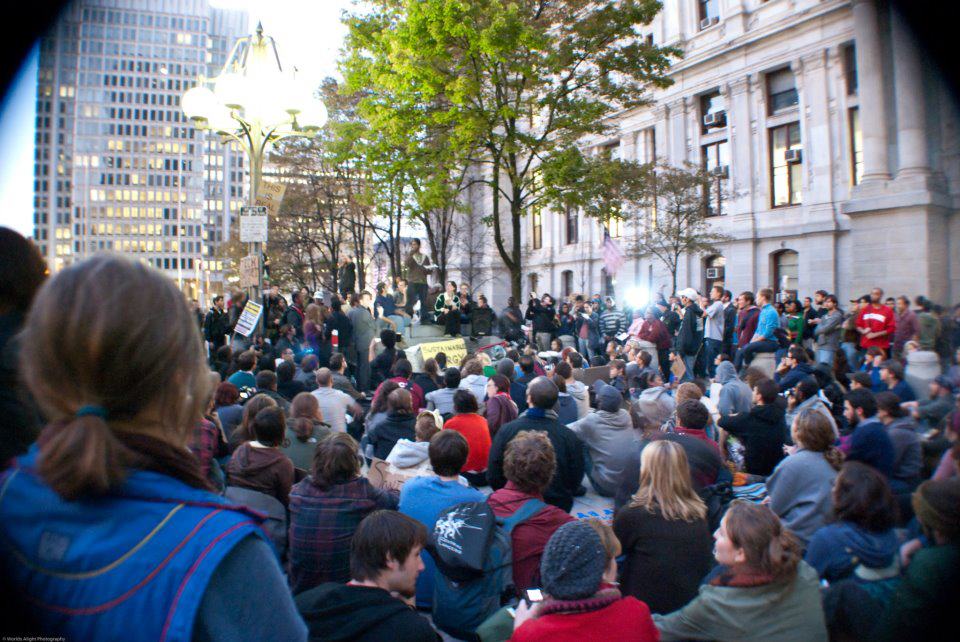
The divisiveness and toxicity in the current political climate is, in many ways, the result of a rigged system. The absence of competition has led to a decrease in the quality of candidates and productive legislation. Each year fewer bills are passed into law. In 2019, Congress passed less than 100 bills into law, a number that pales in comparison to the 300-500 bills passed in two years in recent past sessions of Congress, and the 700-800 bills passed by Congress in the 1970s and 1980s. Mastellone states that “the behavior of the two parties closely parallels the collusion observed among corporations when they conspire to fix prices, control markets, and smash startup competitors.” Exclusionary practices prevent people with new and creative ideas from entering the government, allowing political incumbents to protect themselves from most challengers. The bipartisan monopoly has left most Americans yearning for change and a total overhaul of the status quo.
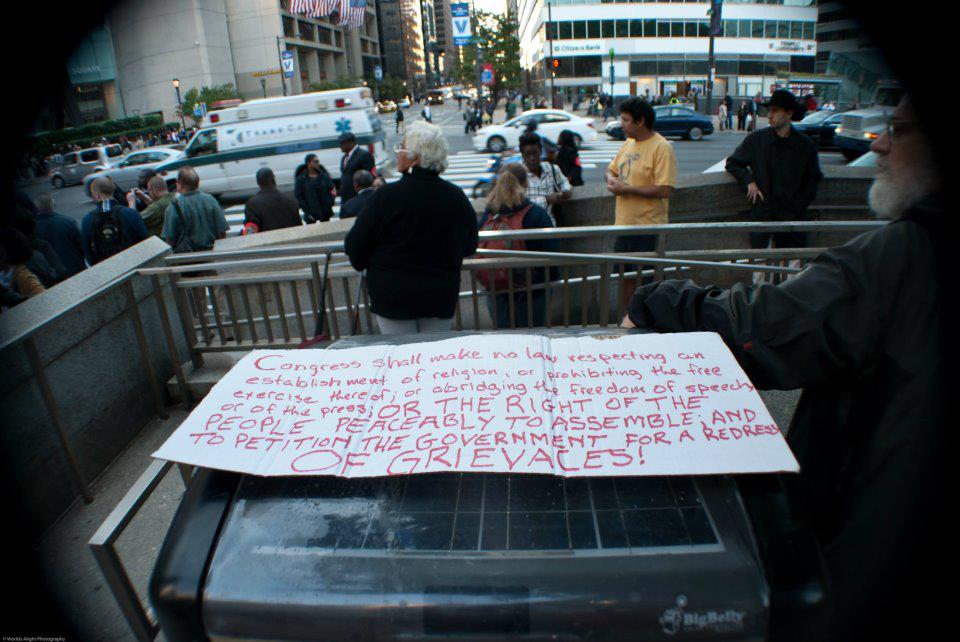
If you enjoyed this article please consider supporting me through Patreon! I hope this read was worth your time, thanks for the support!
Additional Reading and Sources:
1. https://nmpolitics.net/index/2017/07/behold-the-american-political-monopoly/
2.https://asunow.asu.edu/20171106-solutions-would-america-benefit-three-party-political-system
3.https://www.hoover.org/research/monopoly-politics
4.https://www.vox.com/2019/11/29/20977735/how-many-bills-passed-house-democrats-trump
5.https://maplight.org/story/whats-the-cost-of-a-seat-in-congress/
6.https://theintercept.com/2018/04/26/steny-hoyer-audio-levi-tillemann/
7.https://theintercept.com/2019/03/22/house-democratic-leadership-warns-it-will-cut-off-any-firms-who-challenge-incumbents/









